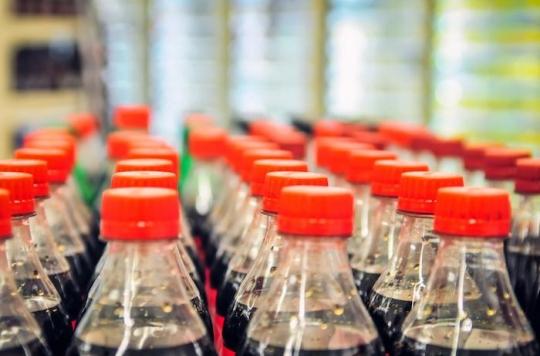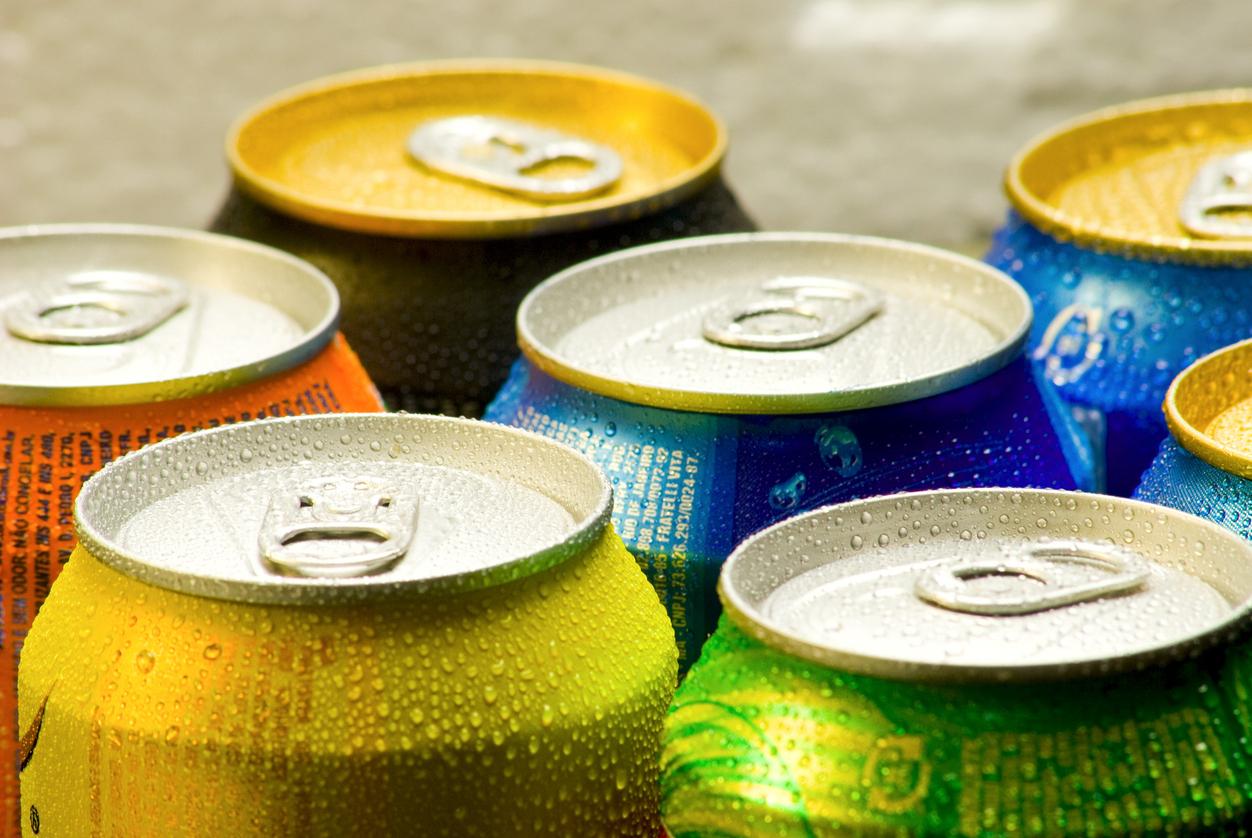Between 1990 and 2016, sugary drinks became much more accessible around the world. They are on average 71% cheaper.

According to figures from the World Health Organization, the number of obesity cases worldwide has doubled since 1980, and more than two billion adults are now overweight. A real epidemic which would cause 2.8 million deaths each year. In question, our consumption of sugar, in particular via sodas and other sugary drinks, which are unanimously pointed out.
They have succeeded in establishing themselves in the global food landscape with great marketing blows, but also thanks to lower prices. Between 1980 and 2016, the cost of a liter bottle of Coca-Cola in relation to income fell by 89% on average in the richest countries. This is the result of a study by the Institute for Health Policy and Research at the University of Illinois at Chicago (United States).
Coke 1% cheaper each year
In a article published in the journal Preventing Chronic Diseases, American public health researchers have studied the cost of the red bottle in 82 high, middle and low income countries. “In general, in the countries we studied, a person could buy, in 2016, 71% more sugary drinks than in 1980, with the same share of their income”, explains Jeffrey Drope, researcher in policy of health at the American Cancer Society, and lead author of the study.
The French have thus gained, every year since 1980, 1% of purchasing power in Coca Cola. In Poland or Iceland, this figure rises to 7%, and blithely exceeds 15% in China! Price reductions which are systematically accompanied by increases in consumption.
Tax sodas
“Although the ease of access is in part due to economic progress resulting from rapid global development, this increase can also be attributed to a lack of action by the authorities, which have not attempted to influence the price of sugary drinks, ”adds Jeffrey Drope. Their price has indeed fallen in absolute terms in 56 of the 82 countries studied.
The WHO also called in 2016 for a tax on sodas to fight against obesity, diabetes and dental caries. For the UN organization, a tax policy leading to a 20% increase in the price of sugary drinks would reduce their consumption accordingly.

In France, since 2012, a tax has targeted sugary drinks. It costs two cents per can, and mainly borne by the consumer. In 2013, a 4% drop in sales was observed in a favorable context.
“The consumption of added sugars, including products like sodas, plays a major role in the overall increase in the number of people suffering from obesity and diabetes,” said Douglas Bettcher, director of the noncommunicable disease prevention department. at WHO. If governments imposed a tax on these products, they could reduce suffering and save lives. “
.















